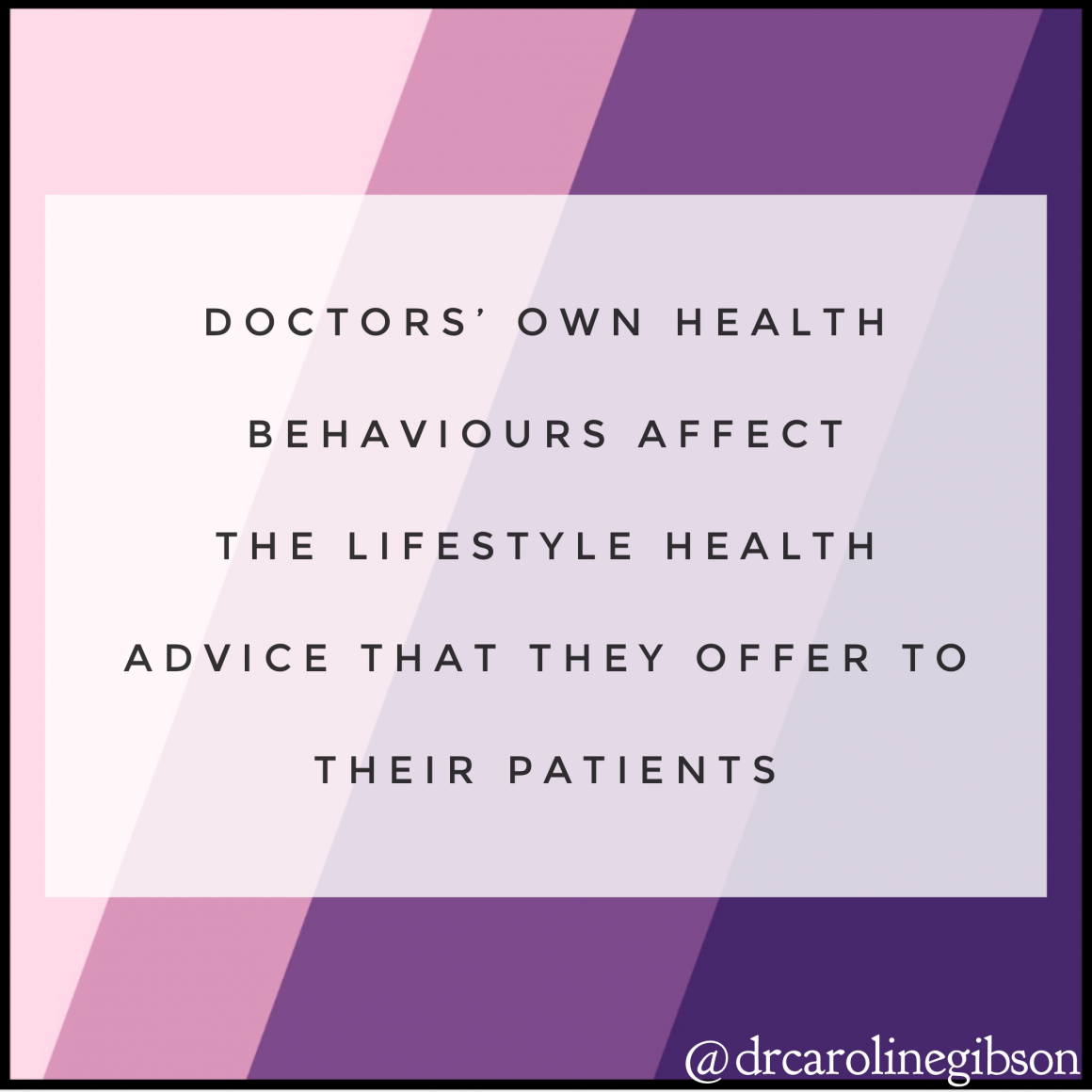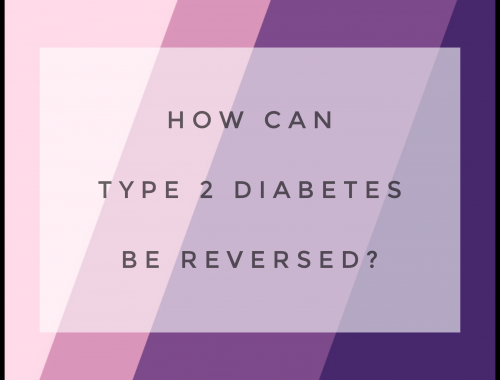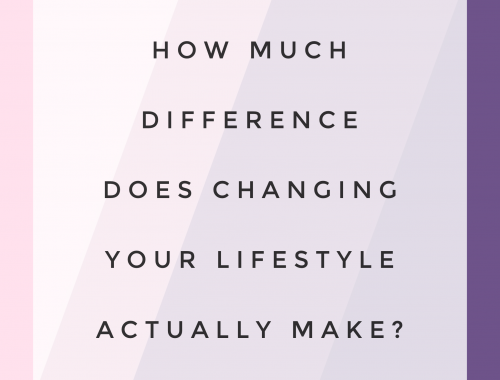
Physician’s own health behaviours affect the lifestyle advice that they give
Doctors who exercise are more likely to advise about exercise.
Non-smoker physicians are more likely to provide smoking cessation counselling.
Physician’s own diet correlates with the dietary advice they give: physicians with higher fruit & veg intake advise about nutrition more often. Vegetarian doctors are more likely to give advice about nutrition and weight loss.
Doctors are more likely to give a diagnosis of obesity and give weight-related lifestyle advice if they perceive the patient’s body weight to be more than their own.
So what?
Obesity is the news-topic of the moment, there is so much focus on it from all sides – government, media etc.
Doctor’s and health professional’s own health status, particularly weight, is very much similar to that of the general population. At present, approximately 1/3 of the population is overweight, 1/3 are obese.
If health professionals with overweight and obesity (so somewhere between 1/3 and 2/3 of us) are less likely to give advice to their patients about weight management, this will have a significant impact on their patients. There will be so many missed opportunities when patients have contact with their health professional and they aren’t given that bit of advice which might have made a difference.
I don’t have an answer to this, but it is definitely something to think about.
Maybe Drs themselves need to be mindful of how their own lifestyle behaviours influence their practice? We all like to think that we are objective, scientific-evidence based professionals, but these studies suggest not.
Time for a rethink about how we provide weight-management advice…
Refs:
Frank E et al, Cmaj, 2013.
Oberg,E & Frank E, JAMA Int Med 2013.
Helfand et al, JAMA Int Med 2013.
Lews,CE et al, Ann Intern Med. 1991.
Kyle RG, et al, BMJ Open 2017




